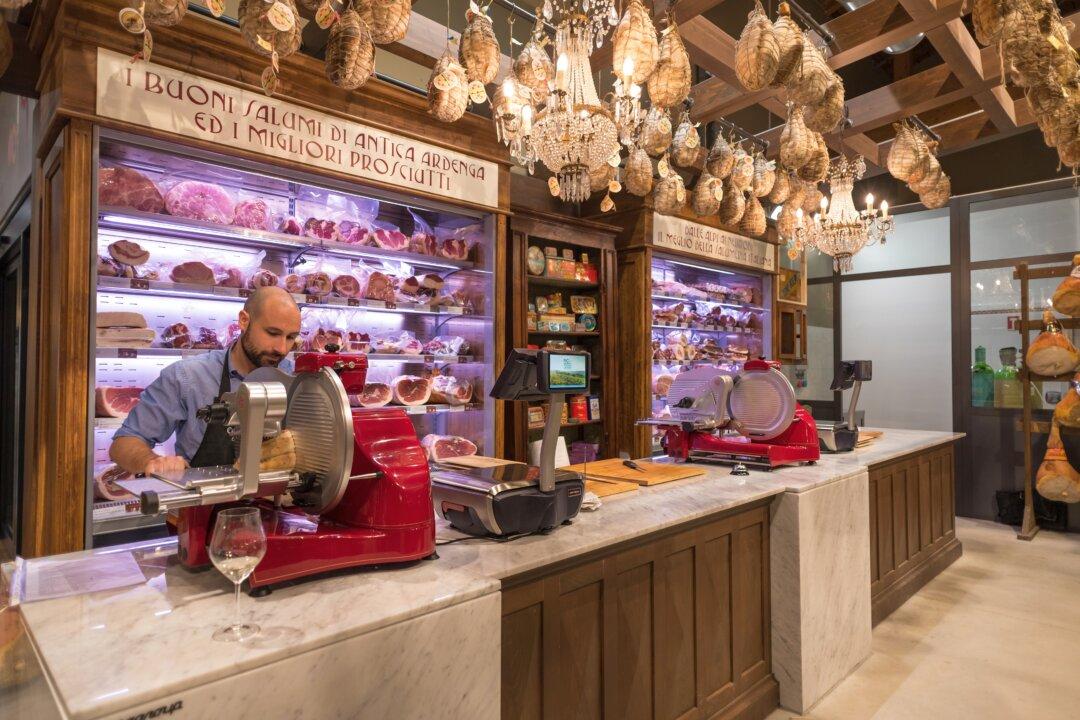Commentary
There was a highly conventional travel piece in The New York Times of the sort that such venues have been running for many years now, even decades. It’s about a small resort town in Italy, namely Bologna, that is being wrecked by tourism and corporations moving in to promote it and take advantage of it, thereby changing the character of the place fundamentally.





